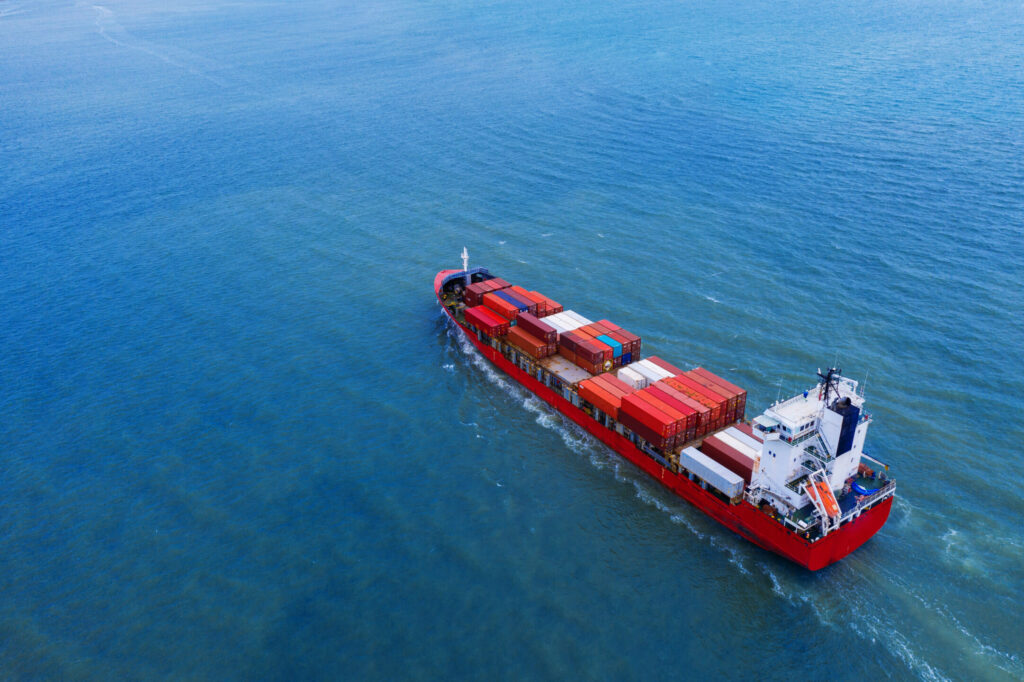The United Nations Security Council’s 2025 composition presents a unique opportunity to address global maritime security challenges. With the addition of Denmark, Greece, Panama, Pakistan and Somalia, the Council will feature a concentration of maritime expertise and interests. This configuration arrives at a critical juncture when maritime security threats are multiplying and evolving at an unprecedented pace.
The incoming Council members bring diverse yet complementary maritime perspectives. Greece stands as a shipping superpower, controlling over 17% of global maritime carrying capacity and has already announced maritime security to be one of its six priorities for Council membership. Denmark, home to Moeller-Maersk, the world’s largest container shipping company, has demonstrated consistent leadership in counter-piracy initiatives through its contributions to multinational operations and capacity-building efforts. Panama, as the world’s premier flag state, represents approximately 16% of global shipping and brings important expertise in maritime administration and regulation, but also the challenges faced by small island states.
Somalia brings crucial firsthand experience in maritime security challenges, having transformed from the epicentre of Indian Ocean piracy to a partner in regional maritime security. This remarkable transformation, achieved through international cooperation and capacity building, offers valuable lessons for addressing maritime security challenges elsewhere. Pakistan contributes significant naval capabilities and has established a strong record of maritime security operations in the Western Indian Ocean, including leadership roles in multinational task forces and regional security initiatives.
A de facto Maritime Security Council
The new Security Council members will join the permanent members (China, France, the United Kingdom, the United States and Russia), all established maritime powers with global naval presence. This unprecedented concentration of maritime expertise and interests effectively establishes a de facto Maritime Security Council, which offers an opportunity to transcend the gridlock of the Council.
Maritime security represents a realm of shared interests, as all nations depend on secure sea lanes and ocean health for their economic wellbeing. While differences exist within the Council, for instance, regarding the interpretation of the United Nations Convention on the Law of the Sea, maritime security challenges could provide common ground for cooperation. Recent escalations of maritime threats, from attacks on commercial shipping, critical infrastructure breakdowns to environmental degradation, demonstrate that no nation can ensure maritime security alone.
Timing is critical
The maritime domain faces increasing volatility and emerging threats that require coordinated international responses. Recent UNIDIR research has identified 20 critical challenges that will determine the future of security at sea. These range from immediate threats like the proliferation of low-cost weapon systems, the return of sea mine risks, and maritime cyberattacks, to emerging challenges such as securing green energy infrastructure at sea and protecting subsea data cables.
The research also highlights novel concerns including the rise of ‘shadow fleets’ for sanctions evasion, the increasing use of civil vessels for military purposes, and the complex intersection of maritime and outer space security. Environmental challenges feature prominently, from enforcing the new high seas treaty and protecting marine areas to addressing the maritime security implications of climate change, particularly for small island states. Human security dimensions, including Indigenous Peoples’ rights and human rights at sea, complete this comprehensive picture of maritime security challenges.
Moreover, a report from the Department of Peacekeeping Operations highlighted the potential value of UN-flagged maritime operations. Such initiatives could address ongoing maritime security challenges in regions like the Red Sea and the Gulf of Guinea, where coordinated international responses are essential. The success of previous UN-backed maritime security initiatives, such as the Contact Group on Piracy off the Coast of Somalia, demonstrates the potential for effective multilateral responses to maritime threats.
Strengthening global maritime security governance
In 2025, the Security Council – with members representing major shipping nations, flag states, naval powers and states with direct experience of maritime security challenges – will be uniquely positioned to address emerging maritime threats and spearhead a unified strategic response.
If the five new maritime members act concertedly through their presidencies, the Council could follow up the discussion on establishing a dedicated maritime security mechanism – as debated in 2021 under the presidency of India. Such a mechanism could aid in coordinating responses to urgent maritime security challenges across the United Nations system, feed essential expertise into decision making and develop long-term comprehensive strategies for addressing emerging threats.
As first steps the Council could establish a dedicated committee, utilizing organizational frameworks similar to those employed by its Counter-Terrorism Committee, – and request a report by the Secretary General to develop options for a UN maritime security strategy and office. This would significantly enhance rapid and early response to maritime security incidents, enhancing information sharing among Member States, and developing guidelines for UN-flagged maritime security operations.
The Council’s unique composition also could facilitate the development of innovative approaches to maritime security cooperation. This might include establishing new frameworks for protecting critical maritime infrastructure, developing international standards for maritime cybersecurity, and creating formats for coordinating responses to environmental threats in the maritime domain. By leveraging the diverse expertise and experiences of its members, the Security Council could lead the way in building a more secure and sustainable maritime order for the 21st century.

